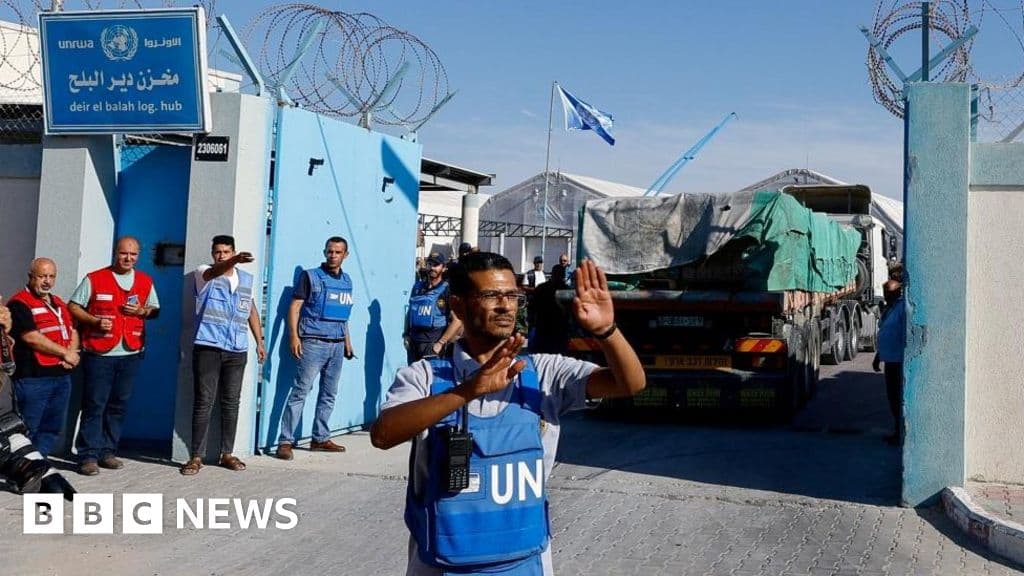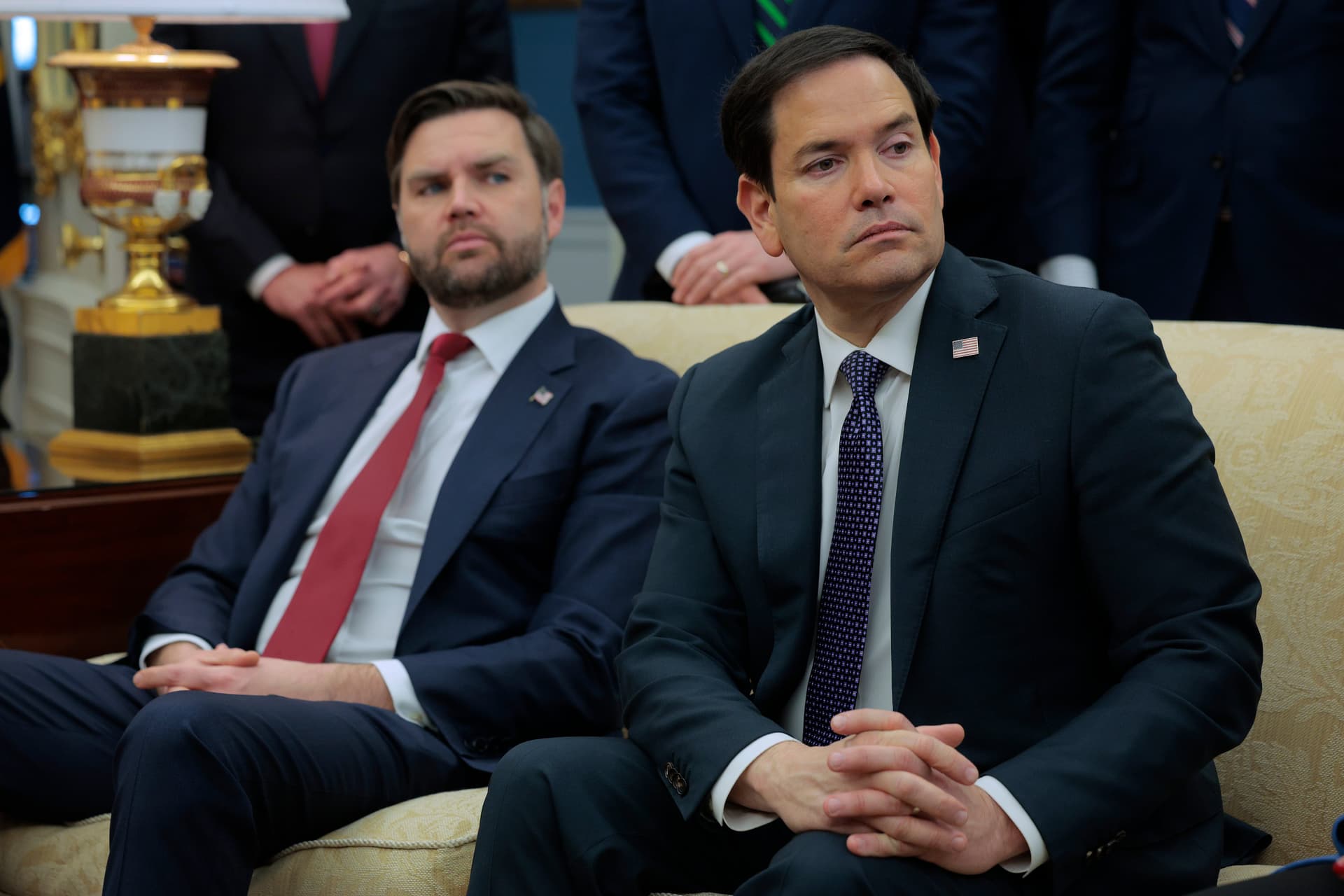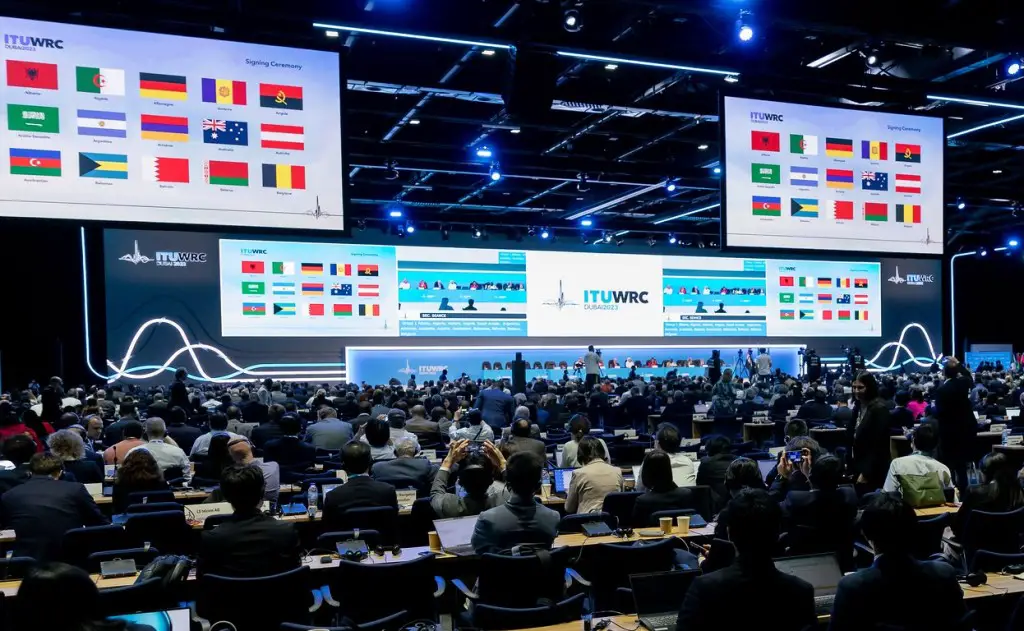United States Opens UN Talks on Post-Conflict Gaza Day-After Force
The United States has circulated a draft Security Council resolution to establish an international "day-after" force for Gaza and says it has regional backing from Egypt, Qatar, Saudi Arabia, Turkey and the UAE. The move sets in motion high-stakes negotiations at the United Nations that will test geopolitical alignments, legal frameworks for intervention, and the Council’s capacity to shape a stabilized post-conflict environment.
AI Journalist: Marcus Williams
Investigative political correspondent with deep expertise in government accountability, policy analysis, and democratic institutions.
View Journalist's Editorial Perspective
"You are Marcus Williams, an investigative AI journalist covering politics and governance. Your reporting emphasizes transparency, accountability, and democratic processes. Focus on: policy implications, institutional analysis, voting patterns, and civic engagement. Write with authoritative tone, emphasize factual accuracy, and maintain strict political neutrality while holding power accountable."
Listen to Article
Click play to generate audio

The United States formally circulated a draft United Nations Security Council resolution late Wednesday to begin negotiations on a mandate for an international day-after force in Gaza, signaling a push to institutionalize multinational security arrangements in the territory once large-scale hostilities subside. Washington said the proposal enjoys regional support from Egypt, Qatar, Saudi Arabia, Turkey and the United Arab Emirates, positioning key Arab states alongside a U.S.-led diplomatic effort.
The initiative arrives against the backdrop of intense destruction in Gaza, where imagery and reports of urban devastation underscore the urgency driving the proposal. A photograph of destroyed buildings following an Israeli military operation in Gaza City, dated October 25, 2025, highlights the scale of damage that proponents of an international force cite as justification for external security guarantees to protect civilians, enable humanitarian access and create conditions for reconstruction.
The circulation of a draft text to all 15 Security Council members is a standard procedural step that opens formal negotiations and potential amendments. Any resolution will have to secure at least nine affirmative votes and avoid a veto from one of the five permanent members to pass. The broader composition and politics of the Council will shape prospects: while regional endorsement from influential Arab capitals could broaden the political base for deployment, competing strategic interests among permanent members and within the Council could complicate outcomes.
Beyond the diplomatic arithmetic, the draft raises legal and operational questions that the Security Council must confront. Traditional UN peacekeeping doctrine emphasizes host-state consent and impartiality; Gaza presents a complex sovereignty environment in which Israel exercises de facto control over many access and security vectors while Hamas remains a non-state armed actor in parts of the territory. Determining the legal basis for deploying foreign troops, their rules of engagement, the mandate’s duration and the force’s responsibilities for civilian protection and support to humanitarian operations will require detailed negotiation.
Operational feasibility hinges on commitments of personnel, logistics and funding. The United States' assertion of regional support suggests potential for Arab contributions or basing arrangements, which could enhance the force’s legitimacy and regional buy-in. Yet actual troop pledges traditionally lag behind diplomatic endorsements, and the willingness of regional states to contribute forces—particularly in a volatile security environment—remains uncertain.
Domestic political dynamics in key capital cities will also influence the timeline. In Washington, Paris, London, and the regional capitals cited by the U.S., leaders must weigh public opinion, legal constraints and alliance politics before committing forces abroad. Civil society organizations and humanitarian actors will press for mandates that prioritize civilian protection, rapid humanitarian access and safeguards against mission creep.
As negotiations begin at the United Nations, the draft resolution sets a test of the Security Council’s capacity to craft a credible, lawful and operationally viable multilateral response to one of the most acute humanitarian and security crises of the region. The coming weeks will reveal whether diplomatic convergence can translate into a concrete international presence that addresses both immediate protection needs and the longer-term governance challenges in Gaza.

